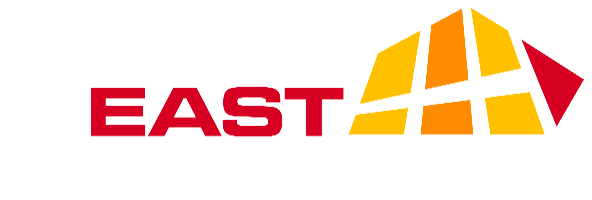Leases exist to form a legal agreement between a landlord and a tenant regarding who will pay various expenses and the rules related to renting that property. Because commercial properties are used differently than residences, commercial leases tend to have more components that are specific to each tenant. While there is no standard format for a commercial lease, most cover basic elements in order to provide clear guidelines for both you and the landlord. Following is a useful list of items that should be clarified between the landlord and tenant in the real estate lease of a commercial building:
- What is the amount of rentable and usable square feet of space to be leased? Since the rent may be based on a square foot rate, the rate may be quoted on a rentable or a usable area. Rentable space means the actual office area, plus a proportionate share of facilities and corridors that service the floor on which the office is located. This concept is used in most buildings. Usable space is the actual space located within the walls of the office and excludes any part of the service facilities.
- Who pays the broker’s commission? Maybe the broker has been working for the tenant, but the fee is usually paid by the landlord. Often the lessor has hired the broker to represent them in the negotiation. The lease should reflect the obligation and who will pay it.
- On what basis is the electric bill or other utilities paid? The tenant usually will pay for their own utilities. However, it can be computed in two different ways. It could be a flat rate added to the rent. Or, sometimes each office is provided with its own meter and charged only for the actual usage of the utilities.
- What services will be provided? There could be several services in a building. There may be elevator service, air conditioning, restroom maintenance, parking that is available to tenants or will be leased separately. The tenant’s right to use these services and the limitations should be spelled out.
- Is there a “most-favored tenant” clause? If a tenant moves into a new building that is only partially filled, he may demand a clause in the lease that will give him the benefits of any rental concessions that the landlord may subsequently make in order to obtain tenants.
- What is the start or commencement date on the lease and when does the lease terminate?
These are just some of the many important items that should be covered in your commercial lease. If you have questions or need assistance with leasing property and negotiating your lease, call us at at 651-351-5005.
